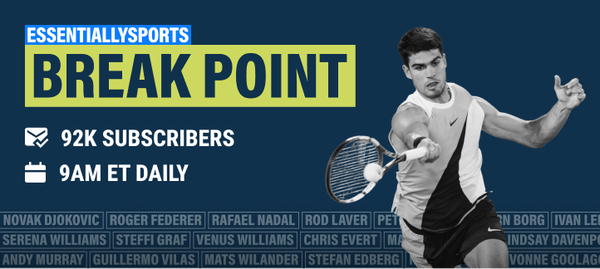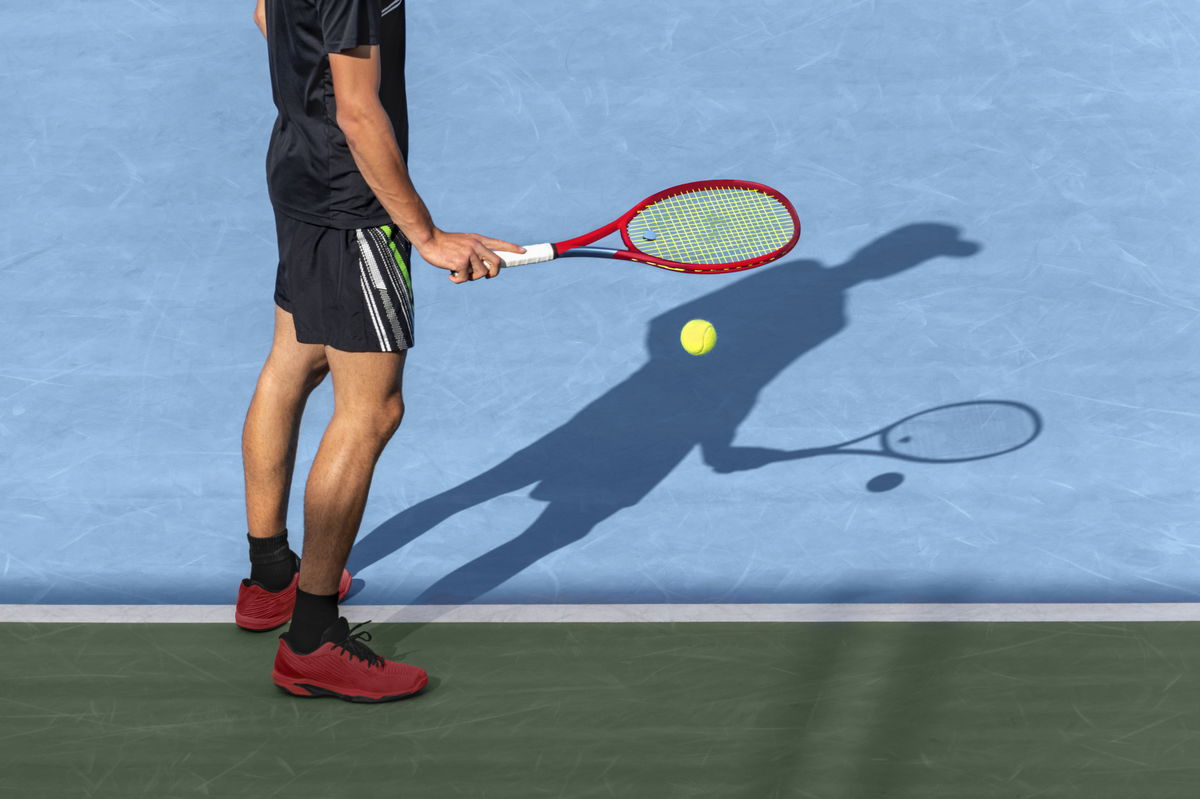

Match-fixing has long hovered around professional tennis like a dark cloud. It’s not as visible on center courts or in the Grand Slam spotlight, but dig a little deeper, especially into the lower tiers of the sport, and the rot becomes clearer. Low prize money, high travel costs, and players fighting just to survive: it’s the perfect storm for corruption to sneak in. That’s where the International Tennis Integrity Agency (ITIA) has decided to draw the line, and this time, they’re not pulling any punches.
Watch What’s Trending Now!
Thai tennis player Natthasith Kunsuwan is the latest to face the music, and the charges are far from minor. Kunsuwan admitted to a staggering 39 breaches of the sport’s anti-corruption rules. The violations include rigging match outcomes, taking money to do so, and failing to report attempts to influence him. All serious charges have been confirmed by the ITIA, according to Express.co.uk.
In return for cooperating with the investigation, Kunsuwan received a 12-year suspension and a £55,000 ($73,812.20) fine. £41,000 ($55,023.64) of that fine is suspended. The 24-year-old won’t be allowed to return to the sport until April 8, 2036. However, the Kunsuwan case isn’t a one-off. Three more players have recently been sanctioned for similar offenses.
ADVERTISEMENT
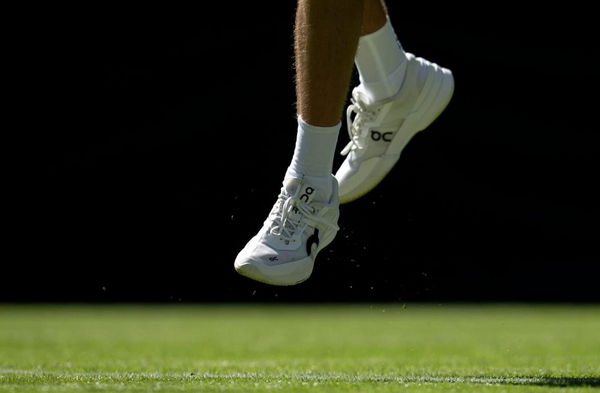
Imago
Image Credits: Joao Fonseca/Instagram
French player Jaimee Floyd Angele received a five-year and three-month suspension. He admitted to fixing one match for payment in 2022 and was also found guilty of failing to cooperate with an ITIA investigation and destroying evidence. His ban will run until December 18, 2029.
Sweden’s Christian Lindell, once ranked world No. 177 and a former Davis Cup competitor, also found himself in hot water. He was banned for seven years for four breaches linked to one fixed match. He was fined £7,450 ($9,997.79). Lindell’s suspension will last until June 9, 2032. Another Frenchman, Samuel Bensoussan, has been suspended for one year and 11 months. He was found guilty of fixing four matches and fined £8,940 ($11,992.74). He will be eligible to return to the game on April 22, 2027.
ADVERTISEMENT
These bans don’t just stop players from competing. All four players are barred from playing in, coaching at, or even attending any event sanctioned by the major bodies in tennis. That includes the ATP, WTA, ITF, Wimbledon, USTA, Tennis Australia, and the French Tennis Federation.
And while most of these cases come from the lower tiers, the shadows of match-fixing have occasionally brushed against the elite level too.
ADVERTISEMENT
When Novak Djokovic admitted to being offered to fix a match
Back in 2007, Novak Djokovic received an offer of $200,000 to throw a match at the St. Petersburg Open. The Serb spoke about it publicly in 2016 and said, “I was not approached directly. I was approached through people that were working with me at that time. Of course, we threw it away right away. The guy who was trying to talk to me, he didn’t even get to me directly.”
He never played the tournament, but the incident stayed with him. “It made me feel terrible. Because I don’t want to be anyhow linked to this kind of, you know, somebody may call it an opportunity,” Djokovic said. “For me, that’s an act of unsportsmanship, a crime in sport, honestly. I don’t support it. I think there is no room for it in any sport, especially in tennis.”
ADVERTISEMENT
Djokovic’s revelation triggered others to come forward. Thanasi Kokkinakis, an Australian player, admitted he’d been targeted as well. “I have [received offers], not face-to-face, but on social media,” he said. “You read some stuff on your Facebook page, just randoms from nowhere, saying, ‘I’ll pay you this much money to tank the game,’ but you try to block it off… get rid of that stuff and focus on what you need to do ahead. You don’t really take it seriously; there’s all these randoms around the place.”
Top Stories
Novak Djokovic Retirement Speculations Explode After Emotional Australian Open Speech: “It’s Been a Great Ride”
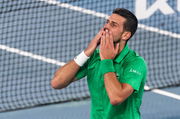
Carlos Alcaraz Puts Coaching Controversy to Rest After Australian Open Glory

John McEnroe Brutally Calls Himself “S***” While Reacting to Novak Djokovic’s Australian Open Feat
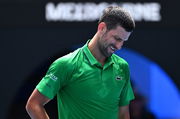
How Much Prize Money Did Carlos Alcaraz Earn After Taxes for Winning the Men’s Australian Open 2026?
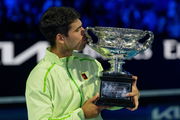
Rafael Nadal Reveals His Only Regret After Coming to the Australian Open

The ITIA’s recent wave of suspensions may not fix the problem overnight, but it’s a firm step in a sport that has long struggled to weed out match-fixers.
ADVERTISEMENT
ADVERTISEMENT
ADVERTISEMENT
